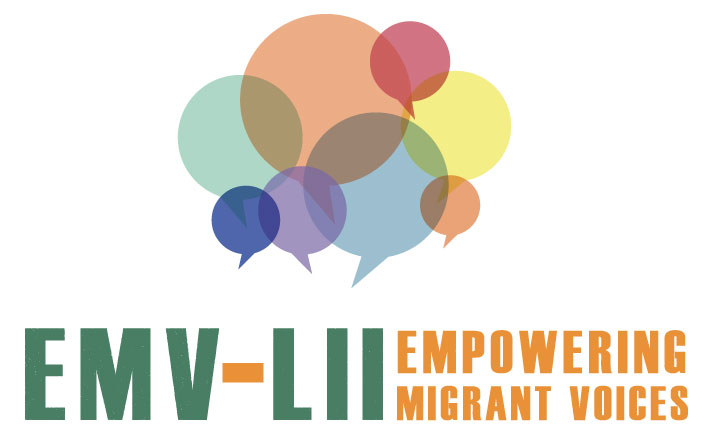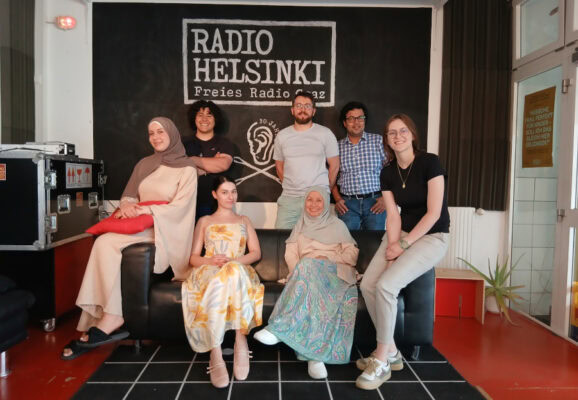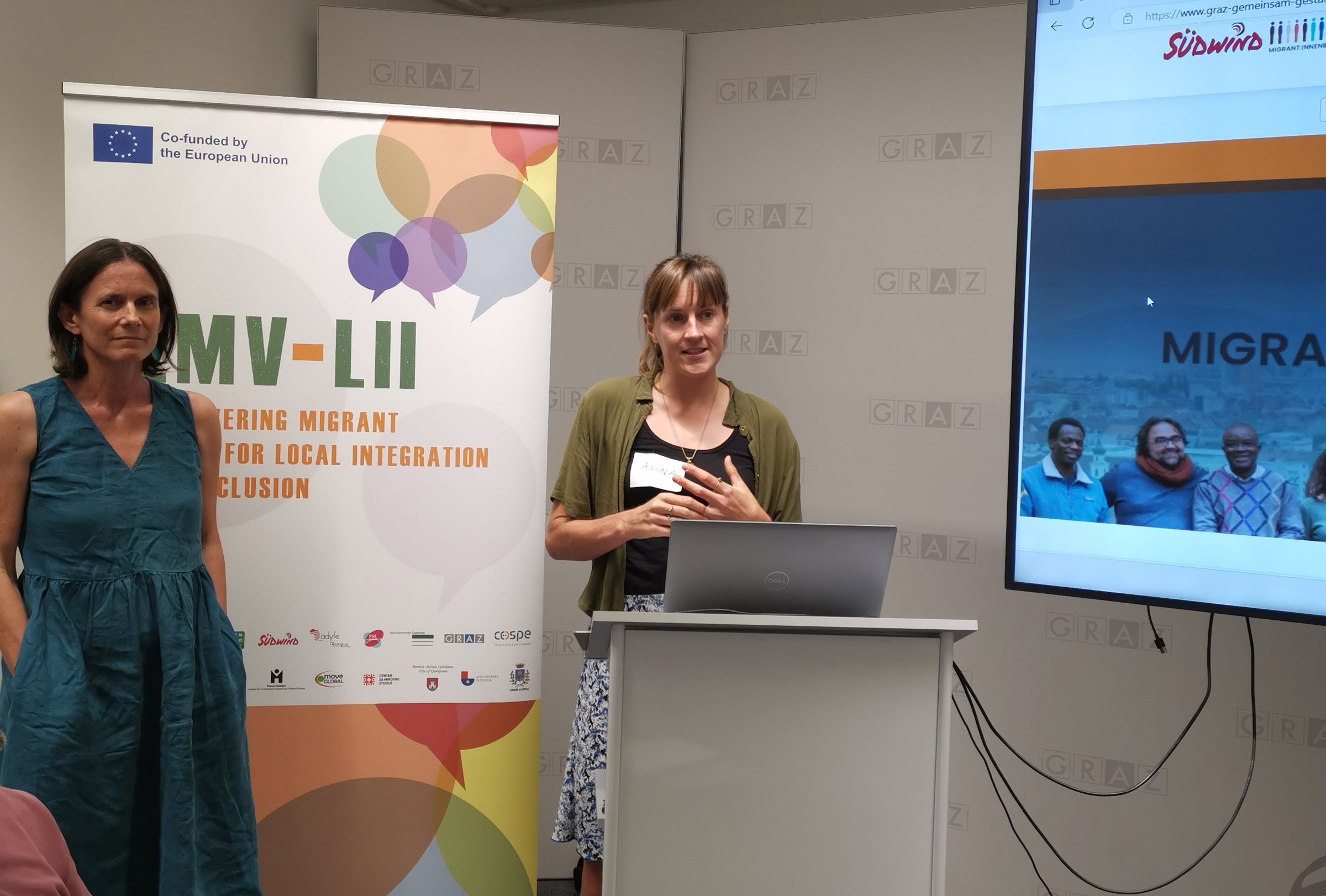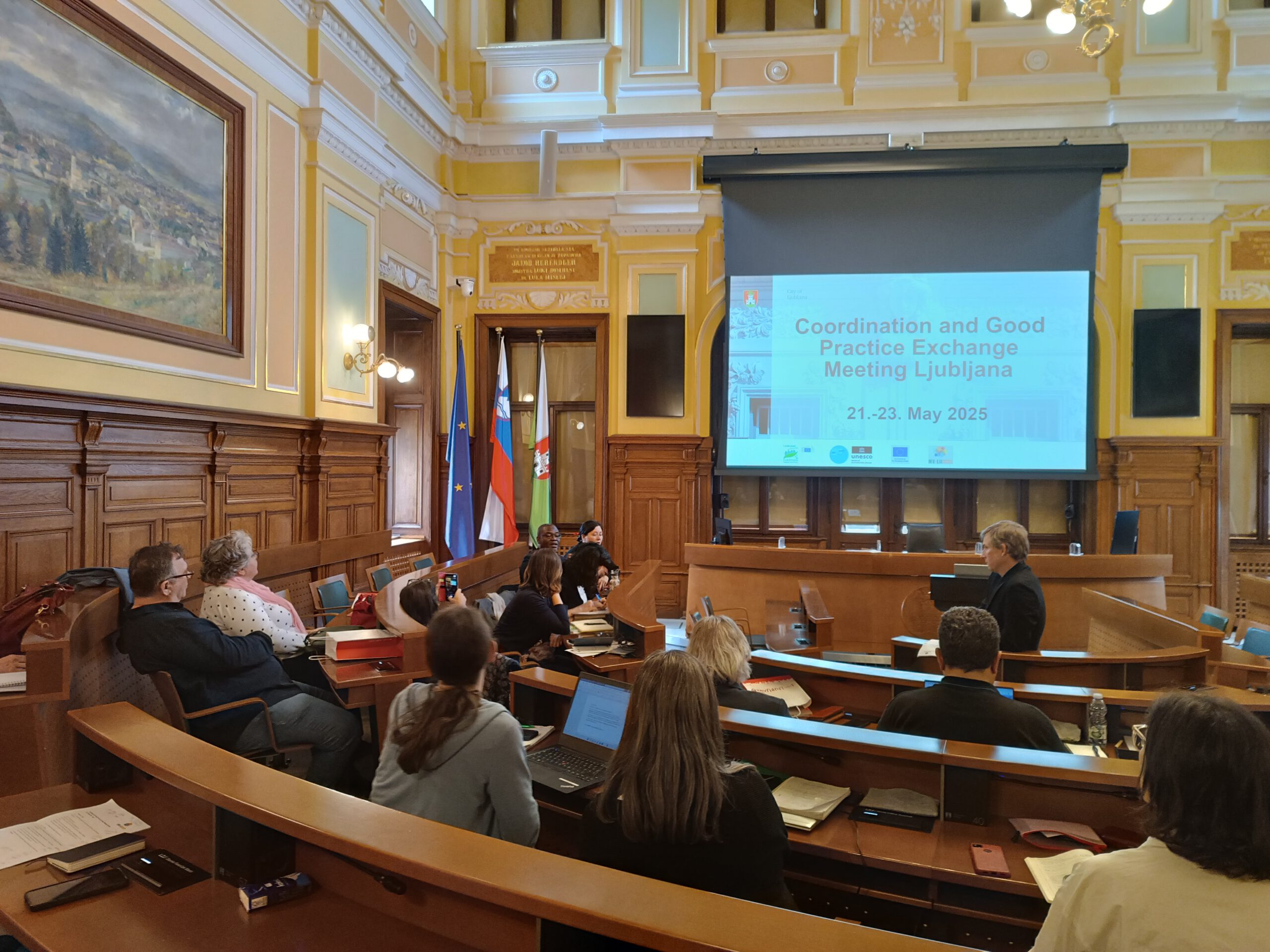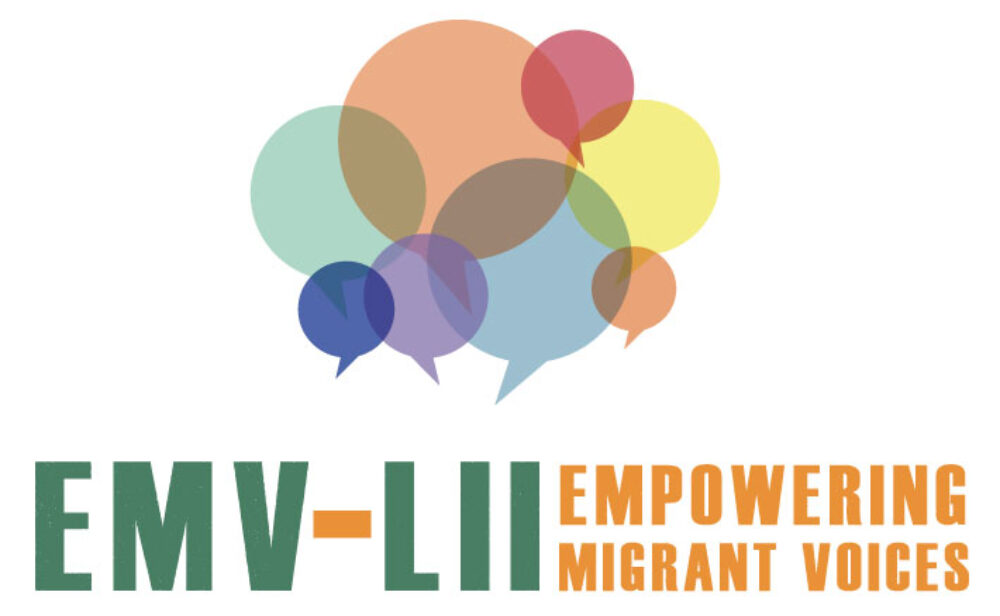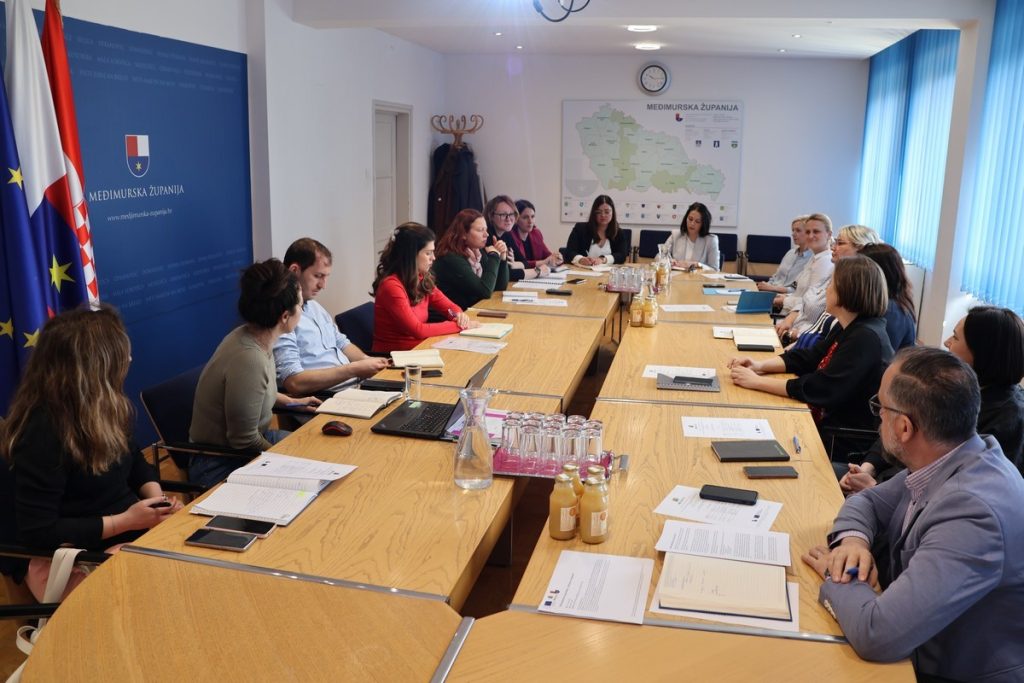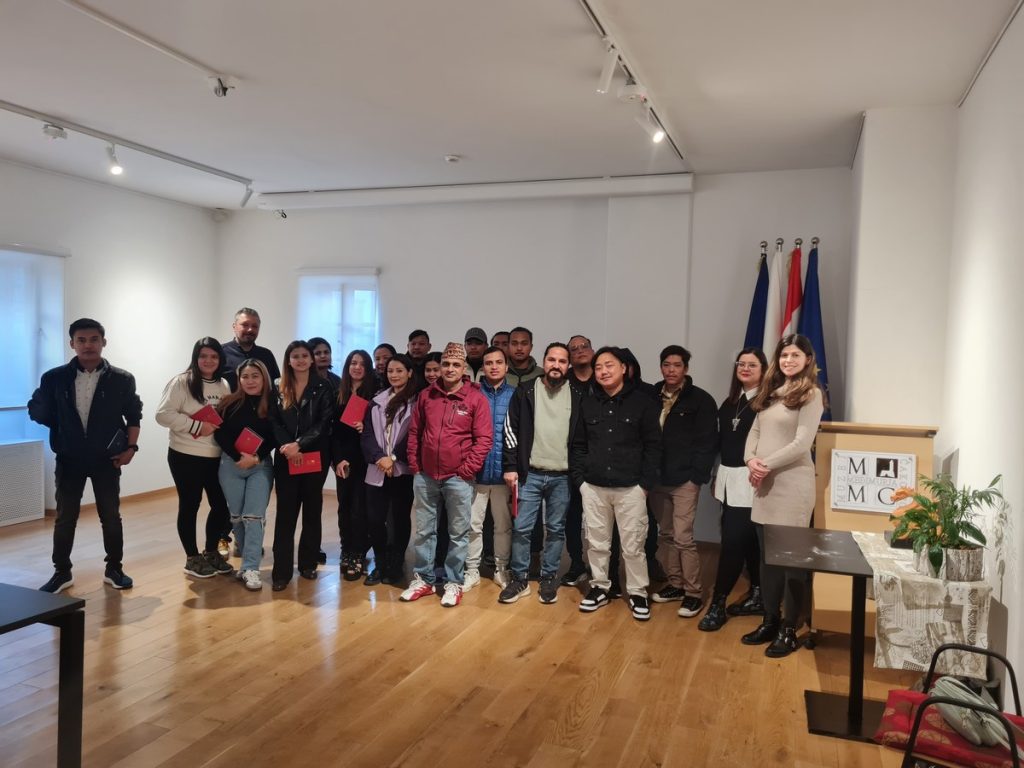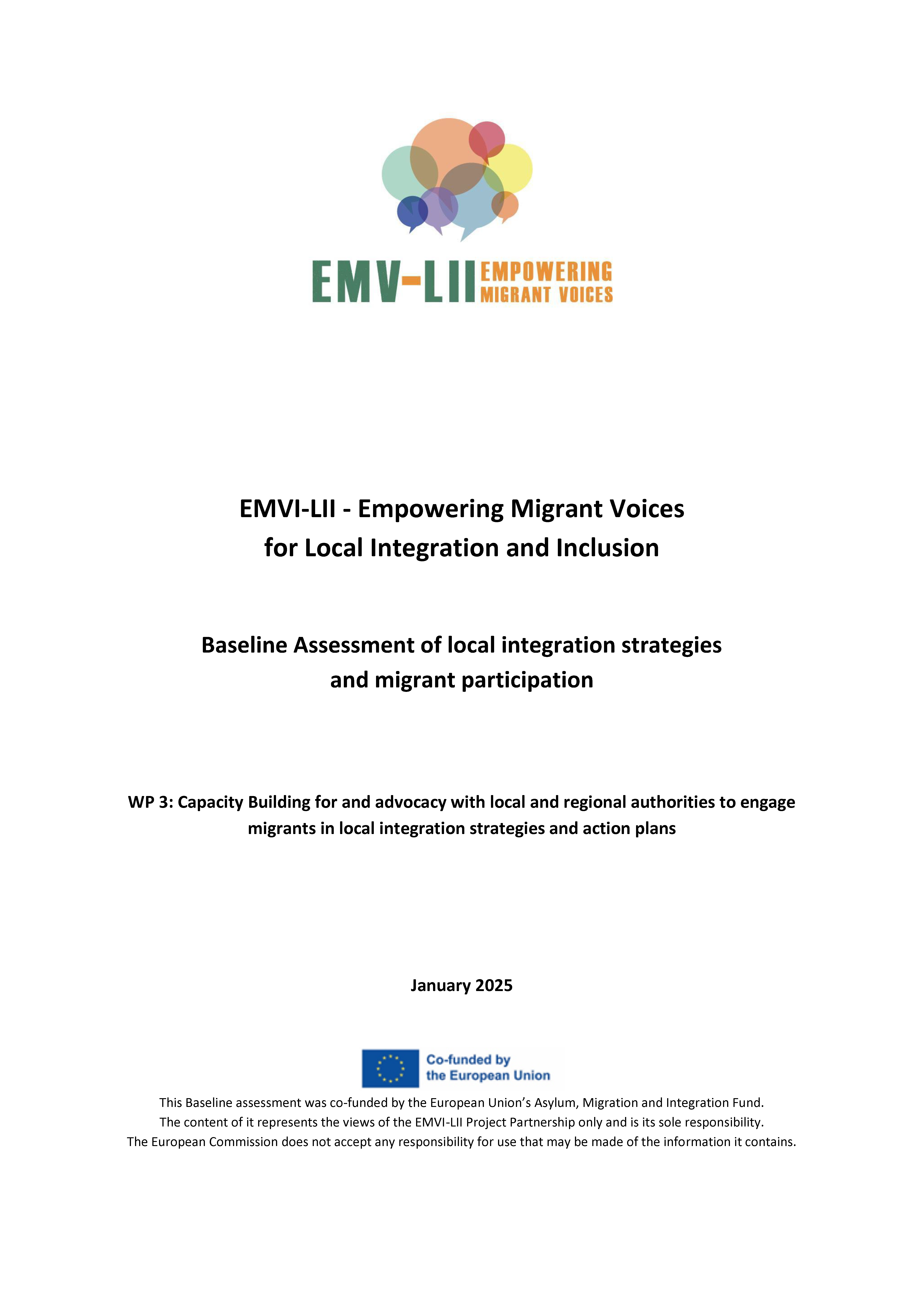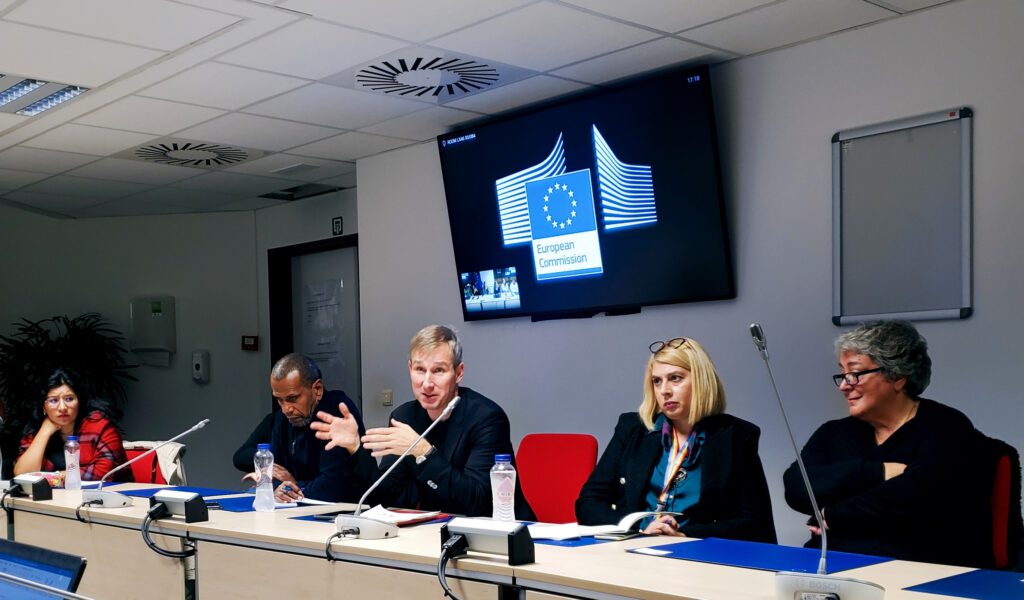
Delegations from Austria, Italy, Germany, Greece and Slovenia meet four MEPs from different parties. Inclusion comes from the right to vote and citizenship, but the matter is the responsibility of the countries. However in Brussels there are attentive ears and a commitment to work
The right to vote and the recognition of citizenship are the main levers for the true political integration of migrant people in Europe. They are clearly areas of competence of the member countries and they depend on the national laws that regulate the granting of rights. Yet, even if the EU has little space in this field and the path is complex, the commitment of migrant people is fundamental both in the many organizations and associations and within the parties themselves in their own country. Bringing reality and facts to greater knowledge and fueling the debate with human and positive stories and thoughts: these are some of the elements that emerged from by the representatives of the EMVI project – Empowering Migrants Voices on Integration and Inclusion policies – and the leaders of migrant organizations during the meeting held last November 15th at the European Parliament in Brussels with four MEPs: Thomas Waitz (Greens), Matias Nemec (S&D), Jan-Christoph Oetjen (Renew Europe) and Stelios Kouloglou (The Left).
“In the European Parliament we often talk about immigration but we don’t talk as often with migrants and this translates into a lack of understanding. So, first of all, thank you for being here”, began Thomas Waitz as he welcomed the EMVI Project delegations. “Migrants are a key part of our society, they contribute with their work and their taxes to the common surrounding as a whole and it is clear that those who contribute their share of taxes must be able to participate in decisions, such as debate on how to allocate the resources collected through taxation,” he highlighted. Furthermore, according to the MEP, it is precisely the distance from political life and from the possibility of making decisions that creates the fracture in societies and the lack of adequate responses. “Unfortunately, due to the lack of inclusion and participation of migrants, policies often do not respond to the current needs and requirements of migrant communities and this is to everyone’s detriment. Political participation is therefore also a key element to validate participation and contribution in our societies,” he said. “I would say that to have real participation in the decision-making process we should treat citizens as citizens, because they are citizens of our countries. For the Greens this principle is summarized as ‘equal rights for every human being’, regardless of where they come from, and this is what we work for. Fortunately we are not alone in this in Parliament,” he added.
His colleague Nemec focused his speech on the fact that the EU is closer than ever to an agreement on the common migration and asylum system, the new Pact for Migration and Asylum, and that the historical moment must absolutely be seized otherwise populist and non-pro-European forces will deal with the issue. “Due to the lack of unanimity, with the large flows of 2015 and 2016, a pillar of the Union such as Schengen was at risk. And that situation has given a great boost to populist forces in recent years,” continued Matias Nemec. Since then, “the European Commission has proposed two reforms of the asylum system package. The first attempt in 2016 failed, but now we are close to a major deal. Like never before, at EU level we are trying to seize the moment, before the election period next year and it is important because it is giving us hope that we are still capable of addressing this very relevant issue,” he underlined. “The EU and its countries are intensifying their efforts to establish an effective, humane and safe European policy that is based on solidarity and shared responsibility. Without these, the system will never work. The European Parliament and the Spanish presidency of the Council of the EU are in intense negotiations on all aspects of the reform and the issue will also be important for the elections”, specified the deputy. “The key principles should be ‘nothing about migrants without migrants’, more empowerment and commitment from member countries and EU institutions and, of course, political participation,” he explained. “We have learned a lot, especially since 2015, on the issue and now there is a wide range of political forces that are trying to find a solution and if we don’t do it, other forces, not pro-European but more populist ones, will decide our common future. We are now therefore at a very important moment, before the start of the next mandate,” he specified.
The German Oetjen instead focused on the importance of dialogue and the issue of legal ways of accessing the EU. “Fortunately we also speak to migrants, because their experience is very important as a litmus test of European policies, to understand how the charters are implemented in reality,” said Jean Christoph Oetjen. “It is important to listen to the EU policies and the member countries firsthand from the people who experience them every day, to listen to how we can change them so that we have a positive and human point of view, that the rules are really positive, that they recognize the reality that migrants live in the EU,” he continued. “Sometimes I have the impression that here in the European Parliament we don’t talk enough about ways of legal access to the EU because this is the real challenge we have. I agree with keeping those who cannot go back here because they are vulnerable, we must help them and bring them to Europe, but we must also have a framework for those who want to work in Europe,” he continued. “So, from my point of view, labor migration is a very important issue and is closely linked to the inclusion of these people in our societies. And on this, let’s be honest, we have made mistakes in the past on the issue of inclusion,” he admitted. According to the German MP, the problem involves multiple aspects including that of communication and narration. Too often the stories that emerge are “negative” and the debate risks derailing on a single level, that of the difficulty, if not impossibility, of integrating and including. “The communication plan is really relevant. Talking to each other is essential if we want integration. As a MEP I carried out a mission where I asked migrants to tell their story, to have positive stories to bring to society and to the debate. Because often there are only negative stories in the debate and therefore bringing these positive stories is very decisive,” he recalled.
A speech of a completely different tone was that of the Greek deputy Stelios Kouloglou, who pointed the finger at the difficulties that migrants encounter when they arrive in Europe and against the criminalization that affects them. “The participation of migrants in our societies is much needed. But I feel very uncomfortable talking about the political integration of migrants because the situation in Greece is very very negative for migrants and refugees,” he said. “You will have seen the tragedy of Pylos 6 months ago, when 700 migrants lost their lives. This happened because of the policy of the Greek government: they tried to push the ship back and this is the reason for the shipwreck. If the necessary emergency measures had been implemented, the tragedy could have been easily avoided. There were hundreds of children and women in the lower part of the ship, they were crying and asking for help, they had no water and food, they had physical needs and they were not helped. Instead they tried to push the boat back and the shipwreck occurred,” he recalled. “What about political integration if migrants arriving in Greece are accused of being traffickers and suffer very heavy sentences? The more migrants there are on the boats, the more years of punishment are imposed. This is the reality and in Greece the second largest category of people in prisons are migrants and refugees. So when we talk about integration I feel like we live on another planet,” he concluded.
The EMVI project representatives pressed the deputies. They recounted their individual and national experiences, they presented their work and the 5 recommendations made through the project: implementing the right to vote (at least at the local/regional level) for all long-term residents in the country; improving, encouraging and enhancing the participation, representation and commitment of immigrants in public bodies dealing with integration, inclusion and diversity; improving and developing integration/inclusion/activation programs with particular attention to education and training for political participation; building migrant trust and strengthening cooperation between migrant communities and local/regional/national authorities; improving integration and inclusion policies at a structural level, including the systematic financing of migrant organisations. Interventions that brought real life to the walls of the European Parliament, presenting issues and themes on which the EU – according to the MEPs – has little margin for action. “The EU is a project of peace, collaboration and prosperity”, recalled Nemec. “I agree with you that we need a new electoral political system that includes migrants because you are members of our societies and securing rights is essential,” he added. “We also have the example of other communities, such as the Roma, who come from different parts of Europe. Some members of this Parliament are from the Roma community so there is a model of political integration, even in this House. But we must be the majority for these types of decisions,” he underlined again. “It is a pleasure for me to be part of this dialogue and our task now is to carry your message to our colleagues and find together, not only with the politicians here in the European Parliament, but with your cooperation, a European solution for this issue ”, specified Nemec. “Europe is not a superpower that can solve every problem,” Oetjen continued. “What you raise are problems that can be raised and resolved not at a European level, but sometimes at a local level. I think that inclusion in societies and participation in political decisions is the best way to resolve the issue, because people become citizens, they become fully part of a society. So the question of citizenship is very important,” he reiterated. “Sometimes there are obstacles on the path to becoming a citizen of a country but it is the best way to always guarantee participation. If this way is not possible, however, I think we need to discuss the right to vote for people from third countries who have a long-term residence permit and I am in favor of the right to vote at the local level,” he described. “The issue of voting rights and citizenship cannot be decided at EU level. Countries have very different laws and systems. The EU cannot resolve either the issue of granting the right to vote for the European elections to people from third countries with a long residence permit. Because it is the responsibility of the member countries. I totally share your political point of view, but we cannot force countries to adopt these measures,” he added. “What I can say is that we will try to work on this, but we don’t have a magic wand. Therefore I invite you to participate in the political discussion, even within the parties in your country: commit yourself and participate in the political life of the parties. This is the only way to change things,” he concluded.
